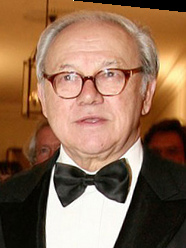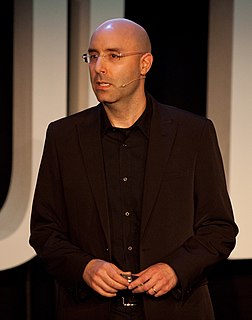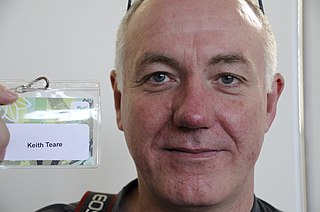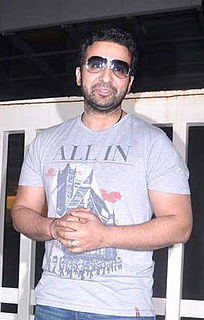A Quote by Mo Ibrahim
Celtel established a mobile phone network in Africa at a time when investors told me that there was no market for mobile phones there.
Related Quotes
If you believe that the mobile phone is the next supercomputer, which I do, you can imagine a datacenter that is modeled after, literally, hundreds or thousands or millions of mobile phones. They won't have screens on them, but there'll be millions of lightweight mobile-phone processors in the datacenter.
There was once this viral photo of the Pope doing his Pope-mobile parade, and everyone had their phones up. But there was this one old woman looking over the fence so beautifully at him. She was totally in the moment. For me, then, I think there shouldn't be any phones at a Pope-mobile situation - or at a Beyonce concert.
In Indonesia, Qualcomm, in a joint project with Grameen Foundation, has provided a range of mobile phone-based services to individuals. This project facilitates the creation of businesses for those living at the bottom of the economic pyramid and, at the same time, extends telecommunication access to people who cannot afford a mobile phone.
Millennials regularly draw ire for their cell phone usage. They're mobile natives, having come of age when landlines were well on their way out and payphones had gone the way of dinosaurs. Because of their native fluency, Millennials recognize mobile phones can do a whole lot more than make calls, enable texting between friends or tweeting.
Pandemic-proof means the mobile phone has to be used and it has to be used in such a positive way that your next invention has to say, 'You know what, I am going to get another 30-40-50 million users that are out there onto my product through my mobile phone and that's going to help me sell what I do.'
India for sure is a mobile-first country. But I don't think it will be a mobile-only country for all time. An emerging market will have more computing in their lives, not less computing, as there is more GDP and there is more need. As they grow, they will also want computers that grow from their phone.


































